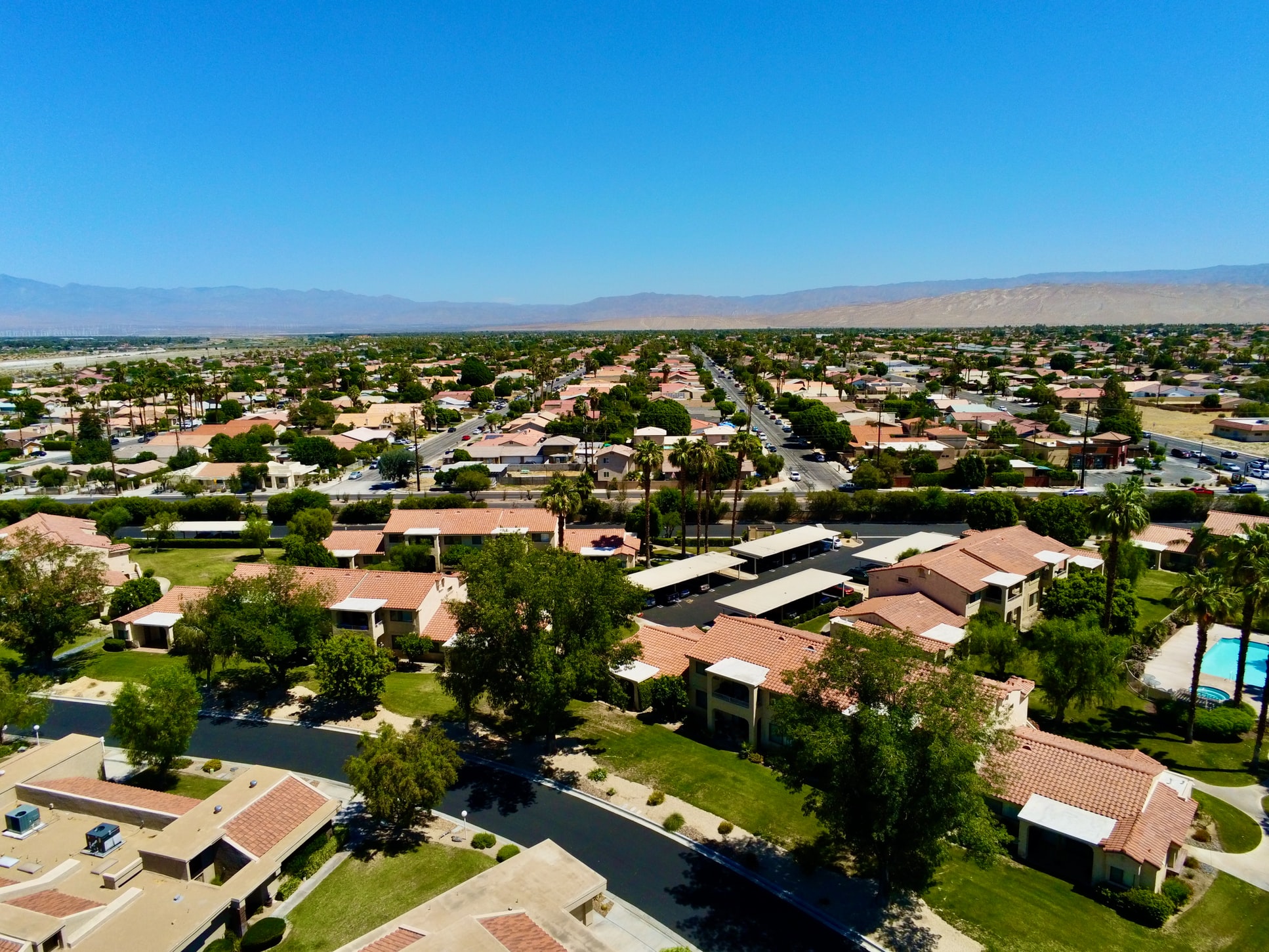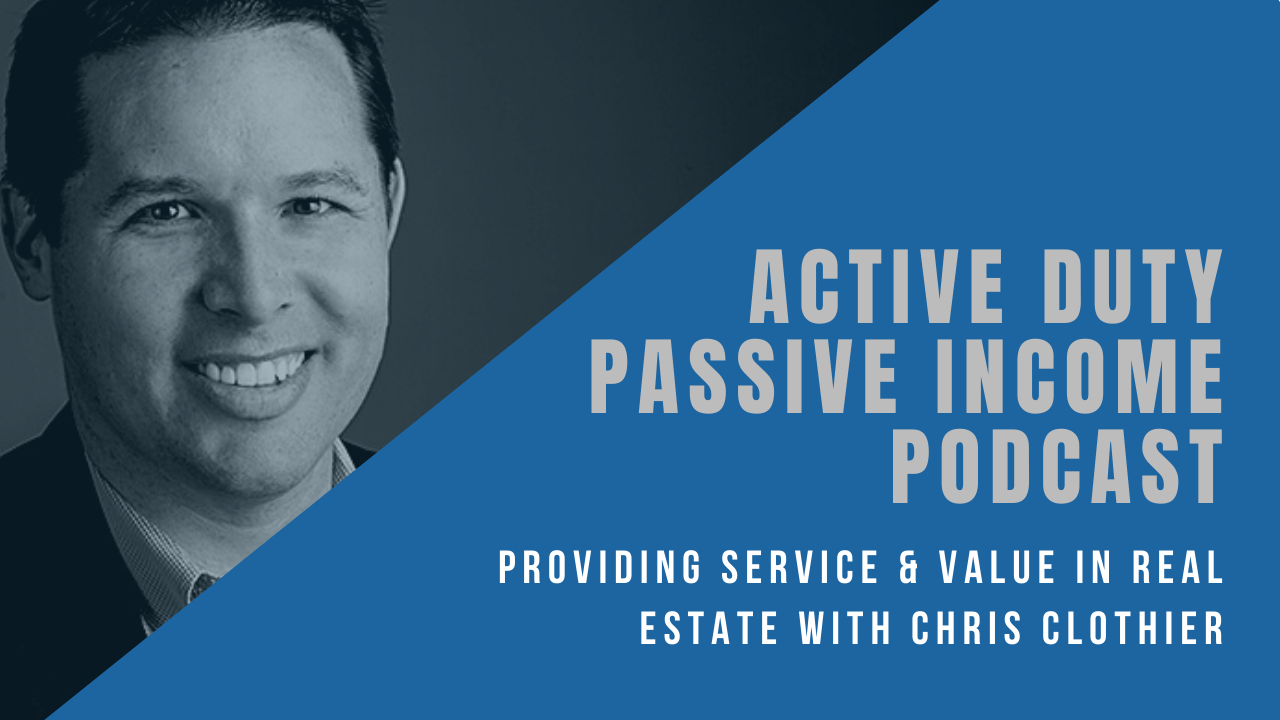 By now, you know that there are many different ways to approach real estate investment. For most of us, the biggest initial question about your strategy is whether or not you want to be an active or passive investor.
By now, you know that there are many different ways to approach real estate investment. For most of us, the biggest initial question about your strategy is whether or not you want to be an active or passive investor.
Active investments mean that the investor personally identifies, buys, and utilizes an investment property for profit — whether for cash flow or in a fix and flip. Active investors are those who manage their own properties, find their own deals, handle their own negotiations, and “pound the pavement” to find opportunities.
In this case, investing can easily become a full-time job.
For the vast majority of investors, we’re not looking for a second job, but passive wealth-building. That said, even if you decide to be a passive investor there are further considerations. What kind of passive investment strategy is best?
Let’s break them down.
3 Types of Passive Real Estate Investments
Short-Term
A short-term passive investment is a type of direct passive investment in which you rent out a property, room, condo, or other accommodations for short periods — typically days or weeks. These are often vacation homes or an alternative to staying in a hotel. The big advantage here is that an investor can often take a “timeshare” approach by renting the property in peak seasons and enjoying it for personal use during other times.
One of the biggest challenges regarding short-term rentals is the turnover. While it is to be expected (and rental rates reflect it), your risk increases with the number of residents your property hosts. There is far less vetting with short-term stays and a higher frequency of professional cleaning needed.
The number of residents means a greater likelihood of damages or misuse. While some of these costs can be recouped, it is an undeniable headache!
Other short-term real estate investments tend to be active rather than passive, like flipping. It’s important to recognize that while short-term strategies may dole out faster returns, they are much higher risk as well!
Long-Term
Long-term, direct real estate investing is what we know and love. This is when an investor utilizes a turnkey investment company to find and acquire desirable investment properties. From there, a property management team ensures resident quality and retention, optimal property conditions, and maximized cash flow through risk mitigation.
This is a “direct” investment because the investor is still choosing their specific investments. They own the whole property rather than shares. For the real estate investor, this develops lasting wealth in several ways: cash flow, appreciation, and net worth.
A long-term, direct investor has more agency in their investment decisions and trajectories while also benefiting from turnkey services, ease of access, and stability. These investments maximize resident retention and, over time, pay for themselves and open up wider avenues for cash flow and portfolio growth.
REITs
When looking to invest in real estate passively, one of the first options you will come across are REITs. These are real estate investment trusts. Upon first inspection, this method seems to be truly passive. In a REIT, investors purchase shares in commercial office buildings, hotels, apartments, and other large-scale properties. The individual investor does not fully own these properties or equity in them — rather, they are paid dividends based on the property’s performance.
While this is a truly passive way to invest in real estate, it is not without its challenges. The lack of true ownership means that the investor has little say in how the properties are operated and managed. They also do not reap the full rewards of property appreciation or its sale.
REITs often have a high cost to buy-in, which creates a barrier to access for new investors who may not have the necessary resources. Additionally, it takes a long time for a REIT to generate dividends.
Different rules guide the buying and selling of REIT shares as well. While some are publicly traded, many are not, making one’s exit strategies more limited because it can be difficult to sell or determine the true value of a share.
Turnkey Real Estate on Top
Long-term, direct real estate investing is your best bet more often than not. You retain full ownership over your properties, thus reaping all of its benefits to your net worth. You can know and direct how properties are managed and operated by vetting the services you hire.
Your risk is reduced, too. We’ve seen over the past year just how real estate investors have struggled. Though residential rentals have not been without their challenges, the biggest hits were to commercial real estate investors, hotels, office buildings, and vacation properties.
Residential real estate, by contrast, has flourished throughout 2020. Not only does residential real estate have the most demand, but it also has the most flexible exit strategies. The pool of potential buyers is simply larger. As a long-term, direct investor, you reap the most benefits of investing in real estate — growing equity and appreciation, passive cash flow, and beyond — while also mitigating your risk through the guidance and management of experienced turnkey companies like REI Nation.
While REITs and short-term investments might seem like the simpler, quicker way to invest, long-term, direct investments, like ours at REI Nation, are the surest way to grow and protect your wealth over time.
Don’t hesitate. Your best financial future is waiting!












